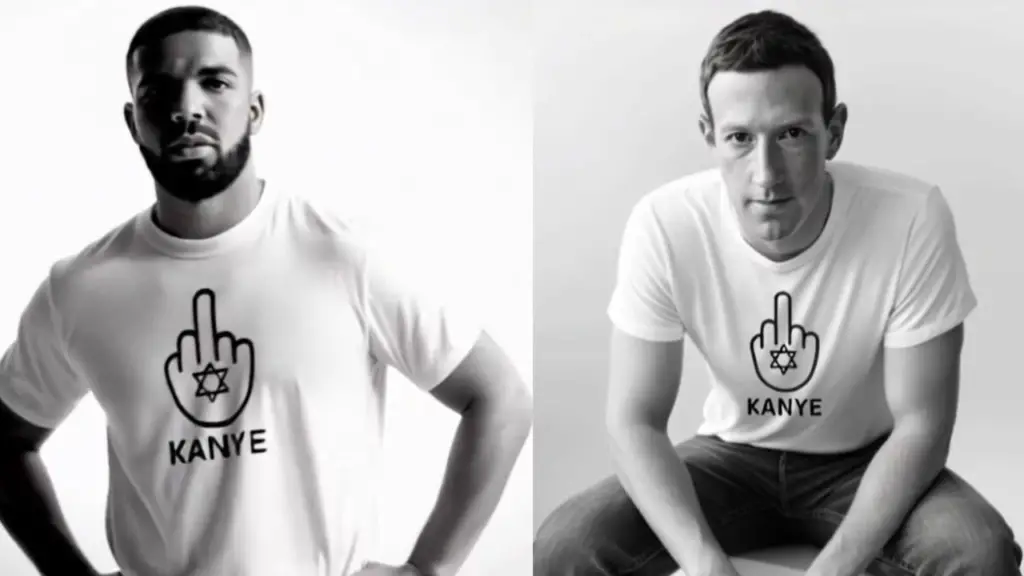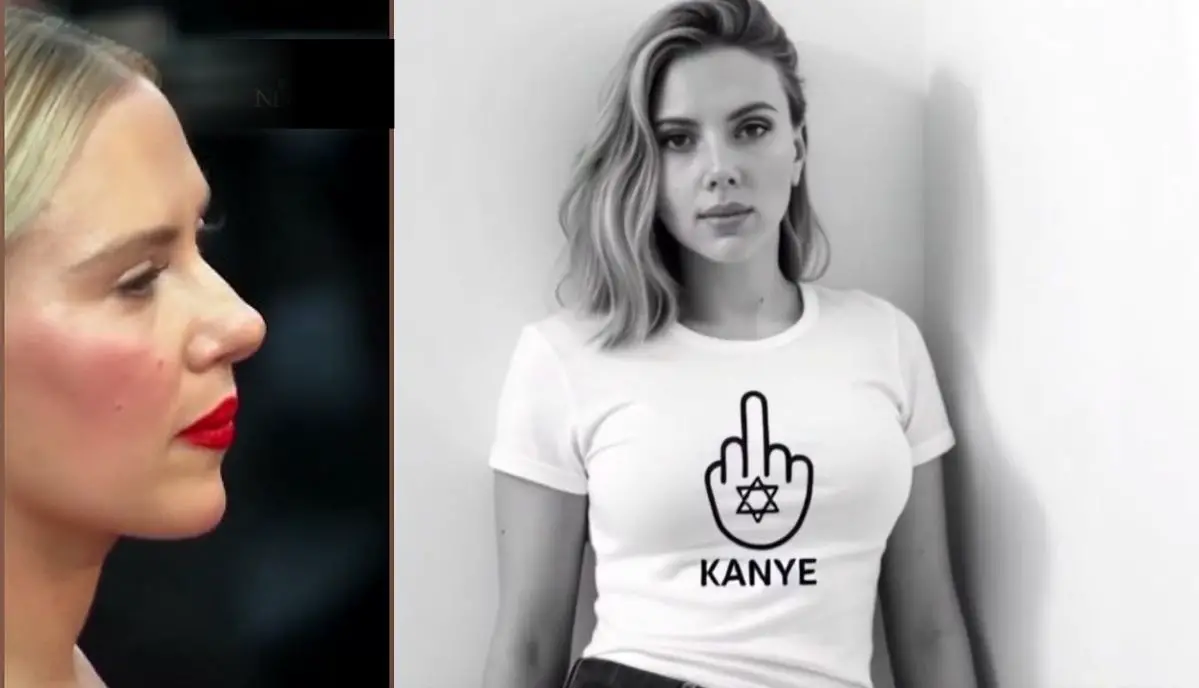How AI Is Blurring Reality and Raising Concerns About Privacy & Digital Trust
Quick Summary:
- Scarlett Johansson Deepfake Video: A fake AI-generated video featuring Johansson and other Jewish celebrities recently went viral, sparking widespread controversy.
- Call for AI Regulations: Johansson has condemned the video, urging lawmakers to enforce stricter regulations to prevent the misuse of artificial intelligence.
- AI’s Growing Threat: This incident highlights the increasing dangers of AI technology, particularly its role in spreading misinformation and damaging reputations.
In today’s digital age, artificial intelligence is transforming various industries, but its misuse is becoming a major concern. A recent Scarlett Johansson deepfake video has taken the internet by storm, igniting debates about AI ethics, privacy violations, and the urgent need for regulatory measures.
The Viral Deepfake Video: What Happened?
A manipulated video circulating on Instagram and other social media platforms features Scarlett Johansson and several other Jewish celebrities. In the video, they appear to be wearing T-shirts with the text “Fk Kanye”** alongside the Star of David. The video seems to be a response to controversial statements made by Kanye West and his release of shirts bearing swastikas.
Celebrities Featured in the AI Video:

- Scarlett Johansson
- Jerry Seinfeld
- Mila Kunis
- Mark Zuckerberg
- Drake
- Adam Sandler
The video ends with an AI-generated Adam Sandler making an offensive gesture while a Jewish folk song plays in the background. This creation appears to be a protest against Kanye West’s actions, symbolizing unity among these celebrities against his behavior.
Scarlett Johansson’s Reaction: A Strong Condemnation
Scarlett Johansson has taken a firm stance against the deepfake, calling it a dangerous and unethical use of AI technology. In response, she has publicly demanded stronger AI regulations to prevent the spread of misleading and harmful digital content.
Johansson has previously been outspoken about AI misuse. In 2023, she took legal action against an AI app developer for using her likeness without permission. This latest incident reinforces her belief that AI, if left unchecked, can pose significant risks to individuals and society at large.
The Bigger Issue: AI & Misinformation in Media
Deepfake technology is becoming increasingly sophisticated, making it harder to distinguish real content from fabricated ones. The Scarlett Johansson deepfake video is just one example of how AI can be used to spread false information and manipulate public perception.
Other Notable AI-Generated Controversies:
- Emmanuel Macron Deepfake: AI-generated videos of French President Emmanuel Macron have raised concerns about political misinformation and digital deception.
- Taylor Swift Deepfake Scandal: Fake explicit content featuring Taylor Swift surfaced online, leading to global outrage and demands for stricter content moderation.
- Celebrity AI Voice Cloning: AI-powered voice clones have been used in scams and misinformation campaigns, further eroding digital trust.
The rapid advancement of AI-generated content poses a significant challenge to media integrity. Without proper regulations, deepfakes could be used to manipulate elections, damage reputations, and spread propaganda.
The Urgent Need for AI Regulation
Scarlett Johansson’s call for action is not just about her personal experience; it’s about setting a precedent to protect everyone from AI misuse. She believes that lawmakers must introduce clear regulations that prevent AI from being used for:
- Creating fake videos and images that mislead the public
- Spreading false information to manipulate opinions
- Exploiting individuals’ likenesses without consent
Governments worldwide are beginning to recognize the risks. The European Union’s AI Act aims to establish rules for ethical AI development, and the U.S. government is also considering new regulations to combat AI-related misinformation.
How Can We Protect Ourselves from AI Misuse?
While policymakers work on regulations, individuals and companies can take proactive steps to minimize the risks of deepfakes and AI-generated misinformation:
1. Enhance Digital Literacy
People must be educated about the dangers of AI-manipulated content. Recognizing inconsistencies, unnatural movements, or voice distortions can help identify deepfakes.
2. Verify Sources Before Sharing Content
Misinformation spreads rapidly on social media. Always fact-check before sharing videos or images that seem suspicious.
3. Use AI-Detection Tools
Companies like Microsoft, Adobe, and Deepware have developed AI-detection software that helps identify manipulated content.
4. Support Stronger AI Regulations
Advocating for ethical AI laws and holding tech companies accountable can help prevent the misuse of AI-generated content.
Conclusion: A Wake-Up Call for Digital Ethics
The Scarlett Johansson deepfake video is a stark reminder of AI’s potential for harm when used irresponsibly. While AI has many positive applications, its misuse for creating deepfake content threatens personal privacy, media integrity, and digital trust.
Johansson’s demand for stricter AI laws is a crucial step toward preventing future AI abuses. As technology continues to evolve, society must act now to ensure AI is used for good, not deception. The key lies in awareness, regulation, and ethical AI development—before misinformation becomes uncontrollable.

